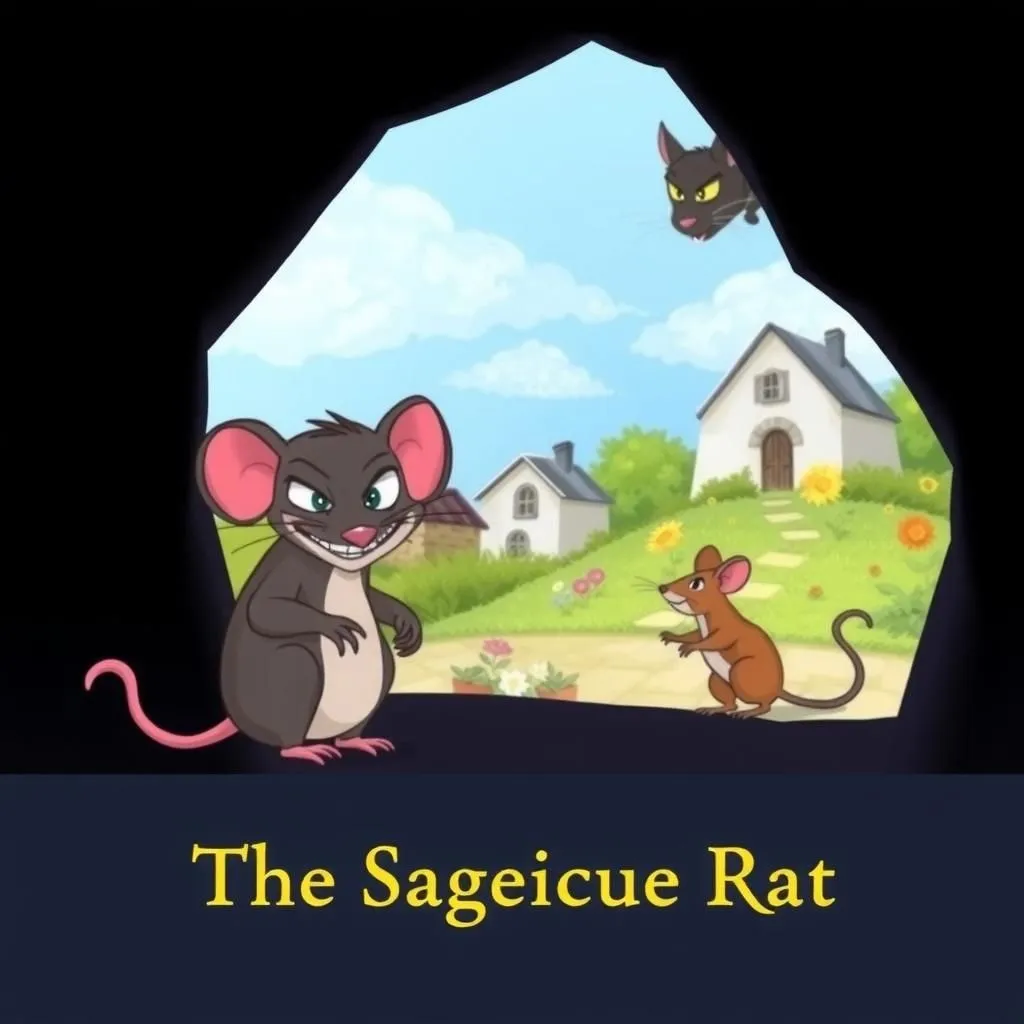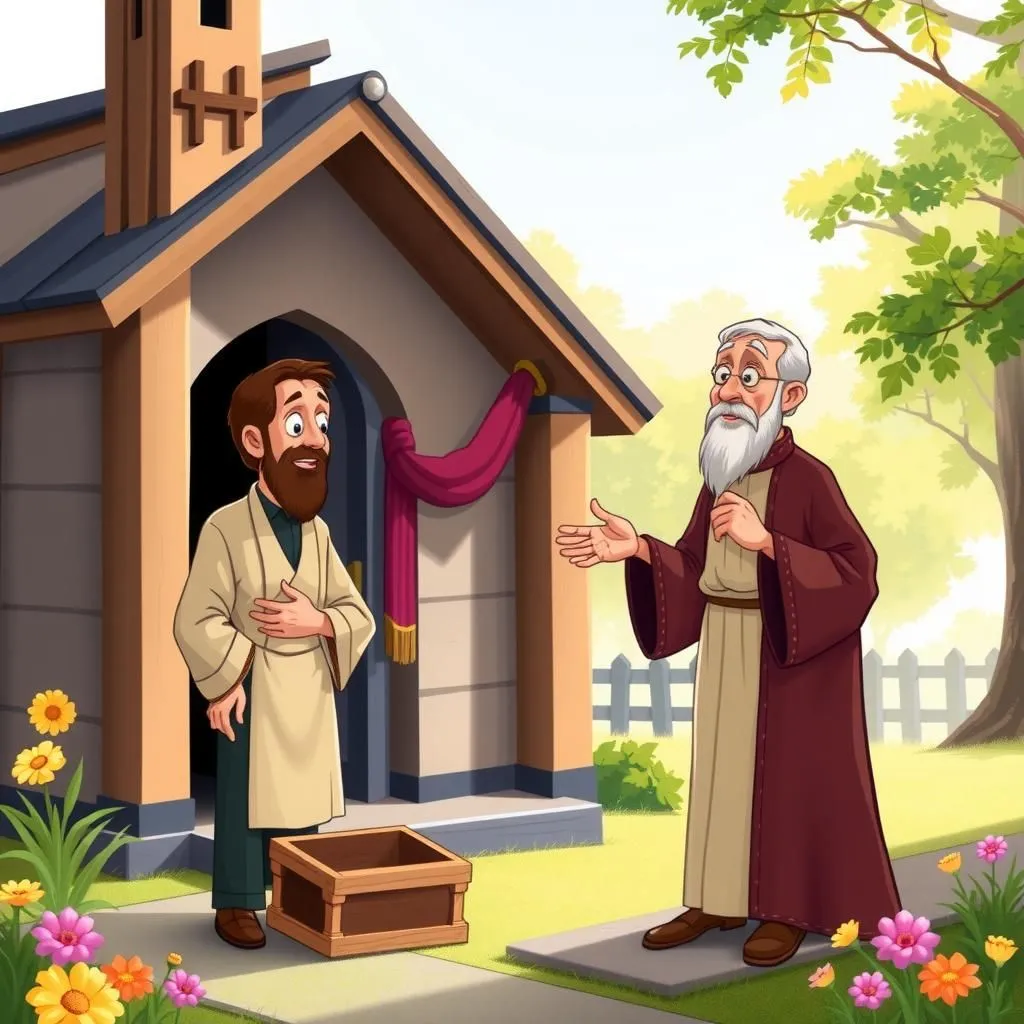
The Sagacious Rat
In "The Sagacious Rat," a clever rat deceives his friend into believing he is honored by his company, leading him to exit their hole first and fall victim to a waiting cat. This short and sweet moral story illustrates the dangers of misplaced trust and the cunning nature of deceit, making it a valuable addition to childhood stories with moral lessons. Ultimately, it serves as a poignant reminder of the importance of being cautious in whom we place our trust, a theme relevant for moral stories for class 7.


